Currently, Ha Giang province has 606 schools organizing semi-boarding meals, including kindergartens, primary schools, secondary schools and some boarding schools for ethnic minorities, primary and secondary boarding schools. Through actual inspections at schools, basically, all schools have complied with regulations on food hygiene and safety, conditions of facilities (kitchen, dining room, food storage), equipment and utensils for preliminary processing, processing, preservation, food sample storage, and service staff in the kitchen have been concerned; schools have also strictly drawn lessons from experience, reviewed the entire process of organizing semi-boarding meals, especially strictly controlling the origin of food and the stages of food processing, preservation, and transportation in schools, in order to detect and warn of food safety hazards to students' health.

Mr. Ngoc Thanh Dung, Head of the Food Safety Department of Ha Giang province, spoke at the inspection session.
During the inspection, the delegation recognized the sense of compliance and sense of responsibility of the team of teachers, staff and cooks in ensuring food safety (FS) at schools. Regarding the legal documents in the field of FHS, they met the regulations. The kitchen area was arranged and designed according to the one-way principle from the stage of importing raw materials to the stage of preliminary processing, processing and dividing food. The kitchen is cleaned regularly. All boarding school kitchens have full utensils and equipment for processing, cooking, eating and drinking, using materials that are easy to clean; there are documents proving the origin of food ingredients.
In addition to the achieved results, the school still has some difficulties and shortcomings in ensuring food safety such as: The school's facilities are mainly supported by local funds, so many schools still face difficulties; The kitchen has not been built according to one-way standards; The content of recording 3-step inspection records, storing samples and labeling samples at some schools is not in accordance with regulations; Food supply contracts are not strict; The cabinets for storing bowls and plates are not clean, there is a lack of shelves for storing food; and there are no garbage classification bins according to regulations.
From these realities, the inspection team has a number of proposals and recommendations for the District People's Committee to continue to pay attention to supporting funding for the construction of one-way standard kitchens for schools; Investing in facilities: Classrooms, student dormitories, sanitary works and equipment, wastewater treatment systems; lighting systems, domestic water. Forthe education and training sector, adding medical staff in schools. For the Board of Directors of schools, strengthening the responsibility for state management in health care, ensuring food safety; directing the completion of the system of state management documents right from the beginning of the school year; Issuing plans and solutions to prevent food poisoning that must be specific, detailed and feasible; Regularly checking, reviewing and evaluating criteria according to the food safety checklist.
Through this, the Ha Giang Food Safety Department recommends that schools need to raise awareness and responsibility of teachers and school staff in ensuring food safety and preventing foodborne diseases.
In recent times, the provision of boarding meals and shift meals at agencies, units, businesses and educational institutions has been very popular and diverse with many different forms: self-organizing on-site kitchens, purchasing ready-made meals provided by other units, contracting with businesses to organize kitchens. Central and local authorities have actively implemented measures to control food safety, inspect, examine and handle many cases of violations of legal regulations by establishments providing ready-made meals and collective kitchens.
However, there are still some cases of food poisoning in collective kitchens, especially collective kitchens in industrial zones and schools, affecting the health of workers and students. In response to this reality, on February 20, the Ministry of Health issued Official Letter No. 787/BYT-ATTP to the Ministry of Education and Training and the People's Committees of provinces and centrally-run cities on strengthening measures to ensure food safety in collective kitchens.
The Ministry of Health requested the Ministry of Education and Training and the People's Committees of provinces and centrally run cities to direct and focus on strictly implementing the provisions of the Law on Food Safety, Decree No. 15/2018/ND-CP dated February 2, 2018 of the Government detailing the implementation of a number of articles of the Law on Food Safety on regulations on food safety conditions for food service establishments; Directive No. 17/CT-TTg dated April 13, 2020 of the Prime Minister on continuing to strengthen the responsibility for state management and responsibility for state management of food safety in the new situation, emphasizing that the head of the establishment and the unit organizing the collective kitchen must be responsible for food safety in accordance with regulations.
Proactively develop a plan to ensure food safety for collective kitchens at agencies and units in the area, including ensuring that collective kitchens in industrial parks/export processing zones, kitchens at schools, and kitchens at medical facilities must be inspected, supervised, post-inspected, assigned, and fully decentralized for management, ensuring that no facilities that do not ensure food safety are left out or allowed to operate.
At the same time, strengthen inter-sectoral inspection and examination, especially the Health - Education sector, coordinate with the Management Boards of industrial parks/export processing zones, School Boards, and Leaders of medical facilities in monitoring and inspecting the compliance with food safety regulations from food sources, processing, preservation, transportation, food delivery, three-step food inspection and food sample storage in collective kitchens in industrial parks/export processing zones, school kitchens, kitchens at medical facilities and establishments providing ready-made meals for industrial parks/export processing zones, schools, and medical facilities in the area. Early detection and strict handling of violations of food safety regulations according to the provisions of law; publicize violations on the media to promptly warn the community.
Along with that, promote propaganda and education on food safety knowledge, food poisoning prevention measures suitable for each subject (workers, students, food safety officers, school staff, etc.), pay attention to food hygiene and personal hygiene to raise awareness, change behaviors and habits that do not ensure food safety in selecting, preserving, processing and using food. Raise awareness, roles and responsibilities of heads of establishments, units organizing collective kitchens, establishments providing ready-made meals, especially the Management Boards of industrial parks/export processing zones, School Boards of Directors, Leaders of medical facilities to ensure sustainable food production and business and responsibility for public health; commend collective kitchens and ready-made meal suppliers that comply well with legal regulations on ensuring food safety...
Happiness
Source








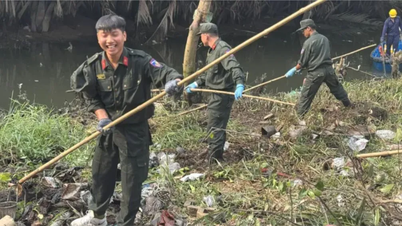



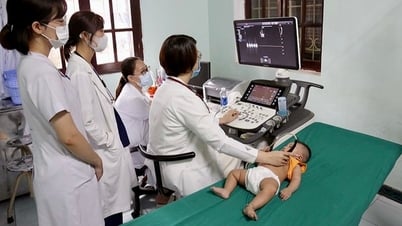

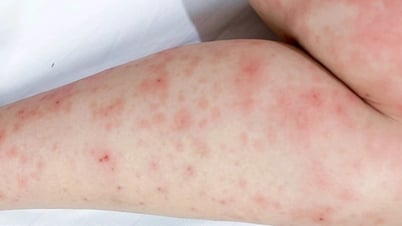
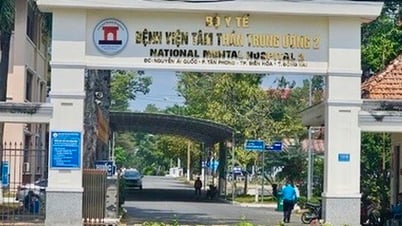

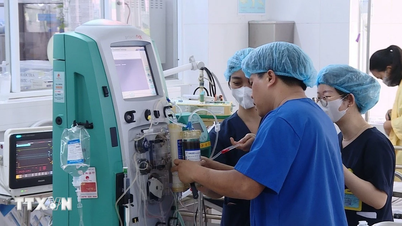










































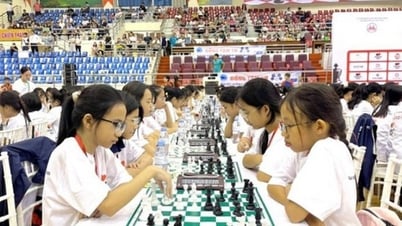

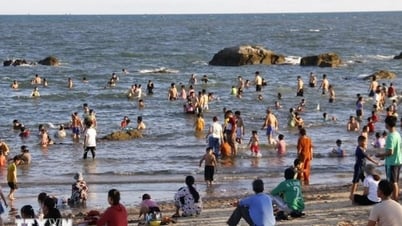













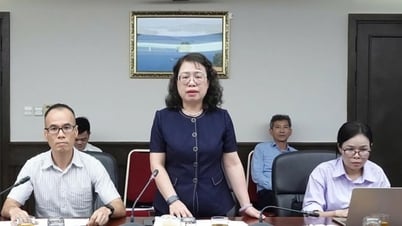
















Comment (0)